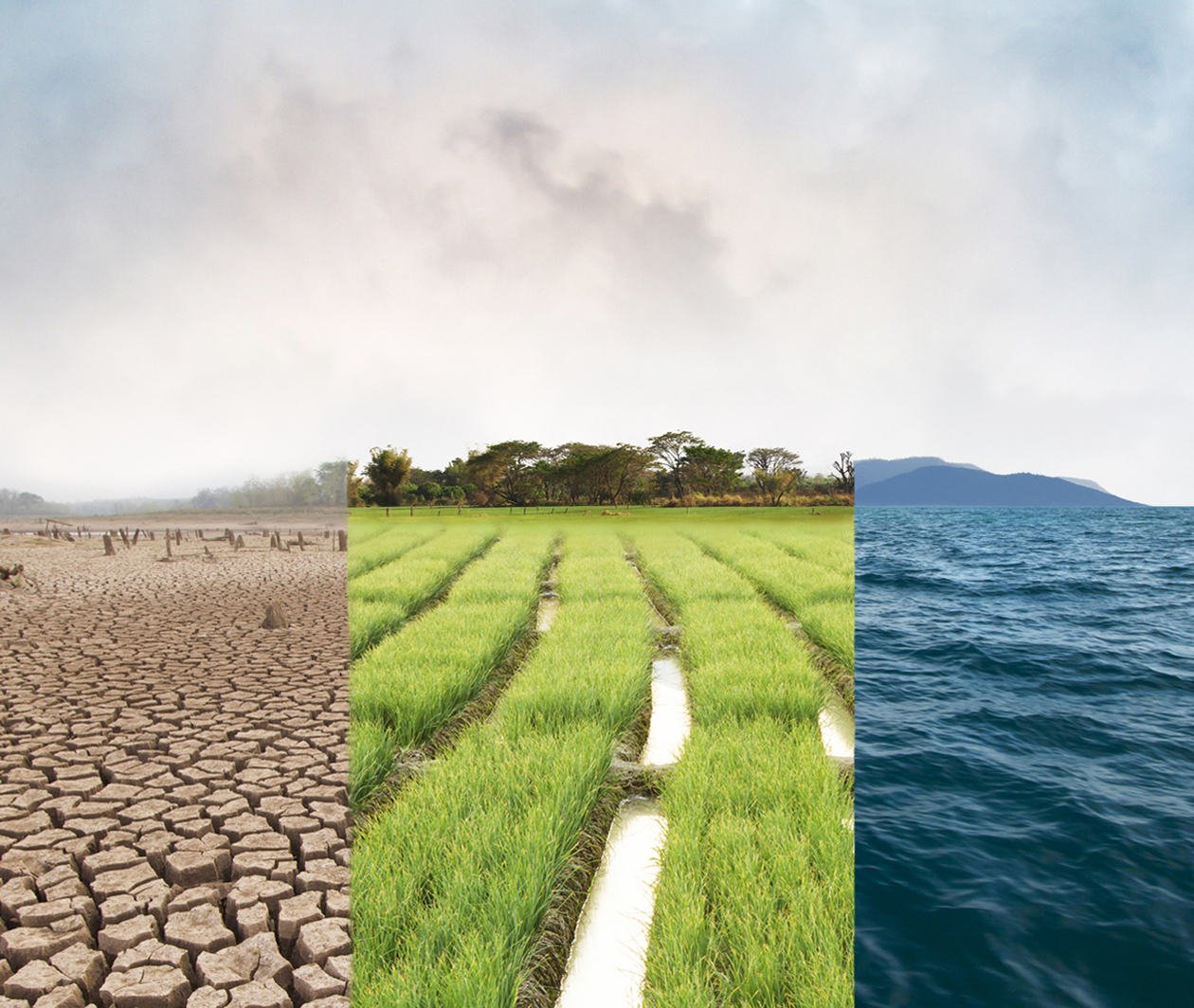Where does our food come from and what impact does it have on our environment?

Duration
4 weeksWeekly study
3 hours
Grand Challenges: Food for Thought
Other courses you might like
This course isn't running right now. We can email you when it starts again, or check out these other courses you might like.
Browse more in Nature & Environment
Our demand for food from natural systems is changing the world we live in from the soil beneath our feet to the birds in the sky and the fish in the sea. Unsustainable practices of production (overfishing or monoculture) and consumerism are to blame. Widely publicised examples include mere decades of soil fertility for crop growth and drastic declines in pollinating insects. This course aims to educate you in the way that every human being can reduce their impact on our planet and inspire you to make global connections to tackle sustainability issues.
What topics will you cover?
- The pillars of sustainability
- Environmental impacts of food production
- Exploitation of the sea
- Case studies on the production of Bananas, Coffee and Palm Oil
- Importance of pollinators
Learning on this course
On every step of the course you can meet other learners, share your ideas and join in with active discussions in the comments.
What will you achieve?
By the end of the course, you‘ll be able to...
- Describe the term 'sustainability' in the context of food production
- Explain the 'Pillars of Sustainability' model
- Compare and contrast the sustainability of global coffee, palm oil and banana industries
- Reflect on the importance of pollinators in relation to food production
- Investigate the food available from your local area and contrast with your weekly shop
Who is the course for?
No previous experience or qualifications are required. The content will complement interests in science, nature and the environment and works well at any stage of education.
What software or tools do you need?
You will need access to an internet browser. You will also be encouraged, with our guidance, to use simple online tools to aid, collate, publish and share your findings.
Who will you learn with?
I'm a lecturer in the Biosciences department of the University of Exeter, Cornwall campus with a broad range of interests that centre around environmental health and marine life.
Learning on FutureLearn
Your learning, your rules
- Courses are split into weeks, activities, and steps to help you keep track of your learning
- Learn through a mix of bite-sized videos, long- and short-form articles, audio, and practical activities
- Stay motivated by using the Progress page to keep track of your step completion and assessment scores
Join a global classroom
- Experience the power of social learning, and get inspired by an international network of learners
- Share ideas with your peers and course educators on every step of the course
- Join the conversation by reading, @ing, liking, bookmarking, and replying to comments from others
Map your progress
- As you work through the course, use notifications and the Progress page to guide your learning
- Whenever you’re ready, mark each step as complete, you’re in control
- Complete 90% of course steps and all of the assessments to earn your certificate
Want to know more about learning on FutureLearn? Using FutureLearn
Learner reviews
Learner reviews cannot be loaded due to your cookie settings. Please and refresh the page to view this content.
Get a taste of this course
Find out what this course is like by previewing some of the course steps before you join:
Do you know someone who'd love this course? Tell them about it...
You can use the hashtag #FLFoodForThoughtExeter to talk about this course on social media.

